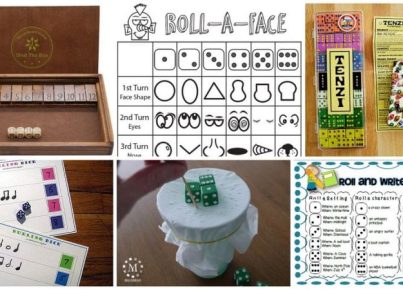The role of a teacher has evolved significantly over the years, adapting to the ever-changing landscape of society and educational methods. Today’s teacher evaluations are designed to ensure that educators are meeting the required standards and continually developing their skills. But have you ever wondered how your favorite teacher from the past would fare on these evaluations? Let’s delve into this question by examining the current evaluation criteria and reflecting on the strengths and weaknesses of our favorite teachers.
Modern teacher evaluations often incorporate multiple aspects, such as teaching style, classroom management, communication with students and parents, adaptability, and student performance. In addition, some evaluations now include regular observations, self-assessments, peer reviews, and in-depth analyses of student work.
Let us consider a hypothetical scenario where our favorite teacher undergoes today’s evaluation process.
1. Teaching Style
A memorable teaching style can make all the difference in how well students retain information and engage in class material. Your favorite teacher may have had an exceptional ability to simplify complex ideas or use storytelling to make lessons interactive. Today’s evaluations prioritize student-centered, flexible teaching styles that promote critical thinking and collaboration – if your favorite teacher embodies these qualities, they would likely score high in this category.
2. Classroom Management
Effective classroom management is crucial for fostering a positive learning environment. Your favorite teacher may have had a knack for maintaining discipline while still engaging with students and keeping them enthusiastic about learning. This balance is still highly valued today – strong classroom management skills would look favorable on any evaluation.
3. Communication
Being able to communicate well with both students and parents is essential for a successful teacher. Your favorite educator might have held regular one-on-one discussions with you or addressed your parents promptly if any issues arose. Undoubtedly, these communication skills would be a significant asset for them in any evaluation.
4. Adaptability
Today’s classrooms are becoming more and more diverse, requiring teachers to adapt their methods and strategies for different learners. Your favorite teacher may have been brilliant at tailoring lessons and support to individual students, ensuring everyone could succeed in their studies. Such adaptability would indeed be highly regarded in modern evaluations.
5. Student Performance
Lastly, the impact on student performance is a prominent factor in teacher evaluations. Your favorite teacher may have significantly contributed to your academic growth, inspiring you to perform well beyond expectations. This outcome is still considered a hallmark of great teaching today, so if your beloved educator could consistently help students achieve their potential, they would likely receive excellent scores.
In conclusion, while teacher evaluations have become more comprehensive over the years, their main goal remains to assess the quality and effectiveness of a teacher’s work. If your favorite teacher possessed those qualities we always strive towards – engaging teaching style, effective classroom management, strong communication skills, adaptability, and a positive influence on student performance – then they would likely fare well in today’s evaluations. The best teachers always prioritize the needs of their students at heart, regardless of changes in evaluation methods or educational approaches.





